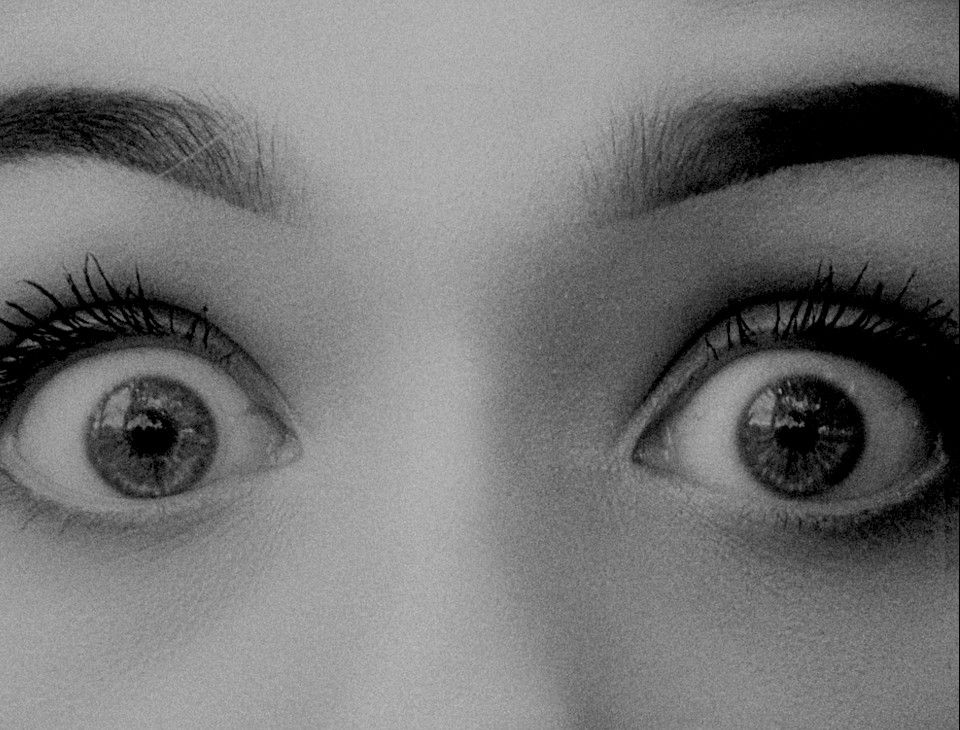Do Frame Narratives Imply Fate?
- Niteen Hatle
- Sep 9, 2025
- 4 min read

When Past and Future Feel Preordained
You know that feeling when you start a story and the narrator says something like, “Looking back now, I realize...” You’re instantly hooked. Because now you know the ending exists before the beginning even starts. That, my friend, is the beauty of a frame narrative.
Frame narratives set the tone early. They whisper, “I survived this tale.” Or worse, “I didn’t, but here’s how it all unfolded.” From the first page, you get the sense that the past and future are already sewn together with a mysterious thread.
But what if that thread isn’t just literary structure? What if it also hints at something deeper—that our paths might be more scripted than we think?
What Is a Frame Narrative (and Why Is It So Effective)?
Let’s get the basics out of the way. A frame narrative is a storytelling device where the story begins at the end—or somewhere close to it. The main narrative is “framed” by a narrator reflecting on past events, sometimes from the safety of hindsight or even beyond the grave.
Think The Notebook, Life of Pi, The Usual Suspects, Cloud Atlas, or even Titanic—the structure starts with someone recounting the past, leading us into the heart of the story.
Why does it work so well? Because it taps into something we all understand: reflection. You’ve told stories like this in real life, haven’t you? “Back in college, there was this one day that changed everything...” When you tell it like that, you hint that something important, maybe even inevitable, was about to happen.
And that’s where it gets interesting. Frame narratives don’t just tell you what happened—they suggest that it had to happen.
Are We Doomed by the Frame?
The minute a narrator looks back, we know that the outcome is fixed. The narrator already knows how it ends. We’re just passengers, following the trail. You start to feel like the story is less about choices and more about unraveling fate.
Does that mean free will disappears? Not exactly. Characters still make decisions, face consequences, and go through growth. But in a frame narrative, those decisions already belong to the past. So they feel... inevitable.
You, as the reader, get a strange sense of comfort and dread. Comfort because there’s a clear endpoint—somebody made it through. Dread because the narrator can’t change what’s already happened. No matter what twists come, the future is fixed in ink.
This structure mirrors how we often think about our own lives, too. When you look back on your past, don’t some moments feel like they were “meant to happen”? Maybe not because of fate, but because everything led up to that point, and now it makes sense.
That’s the magic of the frame narrative. It turns cause and effect into something that feels like destiny—even if it's just memory doing its usual storytelling trick.

When Storytelling Feels Like a Time Loop
Frame narratives create a loop. You start in the future, drop into the past, and then return full circle. That cyclical structure does something powerful—it makes time feel less like a straight line and more like a loop of fate.
Sometimes, it’s subtle. You only realize the story was framed after finishing it, and it hits you like a twist. Other times, it’s deliberate from page one: “Here’s where I ended up, now watch how I got there.”
This loop suggests something even more curious—that the ending casts a shadow on the beginning. Like the future was pulling the past toward it the whole time.
It’s the same sensation you get from a precognitive dream—you see the future first, and then reality tries to catch up. In a story with a frame narrative, the future has already happened—and now we watch the steps that led us there. Which sounds an awful lot like fate, doesn’t it?
Characters Inside the Frame Can’t Escape
Another reason frame narratives feel fated is because of how helpless the characters seem, even when they’re brave, smart, or determined. You know they can’t escape what’s coming, because it’s already happened.
Even if they fight against it, their struggle becomes part of the outcome. It’s like watching someone try to stop a train that’s already arrived at the station. Their choices feel meaningful, but their destination is still locked.
That doesn’t mean it’s boring. On the contrary—it creates deep emotional tension. You feel for the character, knowing they’re heading into something painful, beautiful, or life-changing. But you also understand they can’t avoid it.
They’re not puppets—but they’re trapped in the story's timeline. And you are, too.
Fate, Free Will, and the Illusion of Control
Here’s where it gets philosophical. Frame narratives walk a fine line between destiny and free will. They tell us what happened, but not why it had to happen. That space—between event and meaning—is where you get to decide what to believe.
Did the character make those choices on their own? Or were they walking a path that was always laid out for them?
Even in thrillers or stories with supernatural elements, like precognitive dreams or visions, frame narratives make everything feel locked in. A dream might hint at the future, but the story has already confirmed it. There’s no surprise ending—only the inevitable one.
You might wonder: If someone told my story as a frame narrative, would it look like fate, too?
Final Thoughts: Are We All Characters in a Frame?
Frame narratives might just be the most fate-leaning storytelling tool we have. They show us a future, then lead us through the past like it was always meant to be.
But maybe that’s not a bad thing. Maybe it reflects how we naturally remember and retell our own lives. We look backward and connect the dots. We find meaning in moments. We make our lives into stories that feel like fate, even if we were just making choices along the way.
So next time you read a novel that starts at the end and takes you backward, ask yourself—is this about fate... or just really good storytelling?
And if you ever feel like you’ve seen the ending before, maybe it’s déjà vu. Or maybe, just maybe, you’re living inside your very own frame narrative.
Click the heart button to the bottom right if you liked the blog post.
Subscribe (button to the top right) to get notified about new blog posts and other updates.







Comments